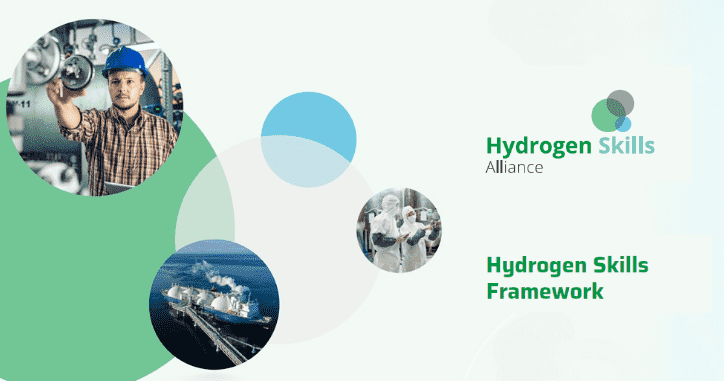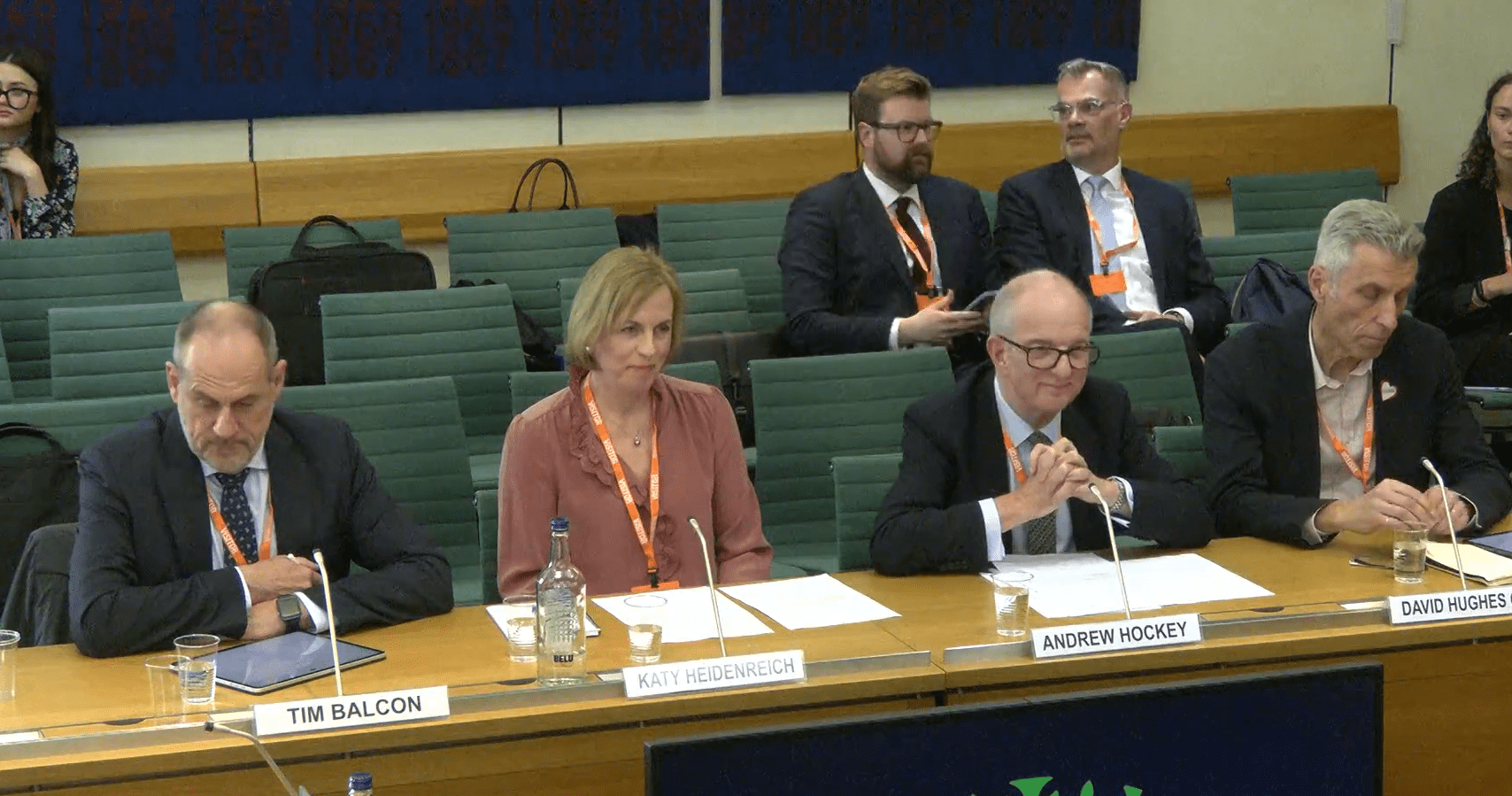The University of Strathclyde has become the first university in the UK to offer a Master of Science (MSc) degree in Offshore Energy Transition, developed in collaboration with the ECITB.
With an increasing demand for energy transition solutions around the world, there is an urgent need to train a sufficient number of experts with the required skillsets to take up the relevant technical and managerial positions in industry.
The MSc course has been designed to respond to this need and facilitate the career change for those who have previously worked in relevant industrial sectors and are keen to take part in the emerging renewable energy industry.
Aimed at engineers and managers, the course introduces the innovative technologies, organisational strategies and business models that will underpin net zero.
It is delivered through a series of online theoretical lectures, self-study and group activities.

Andrew Hockey, ECITB Chief Executive, said: “The launch of the Offshore Energy Transition MSc will support the engineering construction industry in rising to the challenge of delivering net zero and equip individuals with the necessary training to become the future leaders in offshore energy transition.
“The University of Strathclyde has successfully delivered the Energy Transition Leadership Programme (ETLP) for several years now and the MSc is the natural progression from this modular programme.
“We have worked closely with the University and employers to ensure course content reflects the needs of industry and are pleased the ETLP modules count towards this postgraduate programme.”
It involves four core modules, four optional modules, an individual thesis project and a case-oriented individual dissertation project to create an Energy Transition roadmap for sponsoring/nominated companies.
Each module will be delivered in five consecutive weeks using an online delivery method which has been successfully examined and tailored for full-time employees based in industry.
There will be two hours of pre-recorded lectures, two hours of live sessions, including lectures, tutorials and group activities, and a list of supplemented recommended readings for each week.
The programme will enable delegates to achieve a range of different levels of academic qualification, from an MSc degree to credits toward a Postgraduate Certificate (PGCert) and Postgraduate Diploma (PGDip).
Professor Feargal Brennan, Head of Department of Naval Architecture, Ocean & Marine Engineering at University of Strathclyde, said: “This programme is pioneering not only in terms of its content but also in providing a flexible mode of delivery and learning that allows those already in employment to pursue a masters-level degree in the offshore energy transition.
“We need to attract the best students from all backgrounds in order to build a diverse and resilient sector to combat climate change and to maximise the opportunities that the new energy landscape will provide; this programme allows the flexibility to fit around personal and employment commitments.”
The MSc is built upon the successful Strathclyde-ECITB Energy Transition Leadership CPD programme, which was attended by over 100 short-course delegates based in industry. Offered on a part-time basis and delivered fully online, this is suitable for those who are working full-time in industry and are seeking further training for new job opportunities and an enhanced career trajectory in the offshore renewable energy sector.
The ETLP modules will continue to be available at Strathclyde and can be studied on an individual basis for a CPD certificate.
Professor Ali Mehmanparast, the MSc course Director at University of Strathclyde, said: “We are excited to offer the MSc course in Offshore Energy Transition in collaboration with ECITB, to equip engineers, managers and thought leaders in industry with the required skillsets for transition towards sustainable energy futures.
“This tailored programme, which has been specifically designed for full-time industrial workforces at different technical and managerial levels, enables the participants to get familiar with the key challenges and opportunities associated with net zero economy, and enables organisations to achieve business growth while contributing to net zero targets.”
Teaching on the course begins in September 2023 and applications close on 31 August 2023.
For more information, please contact the team at NetZero@ecitb.org.uk or visit the University of Strathclyde website: MSc Offshore Energy Transition





